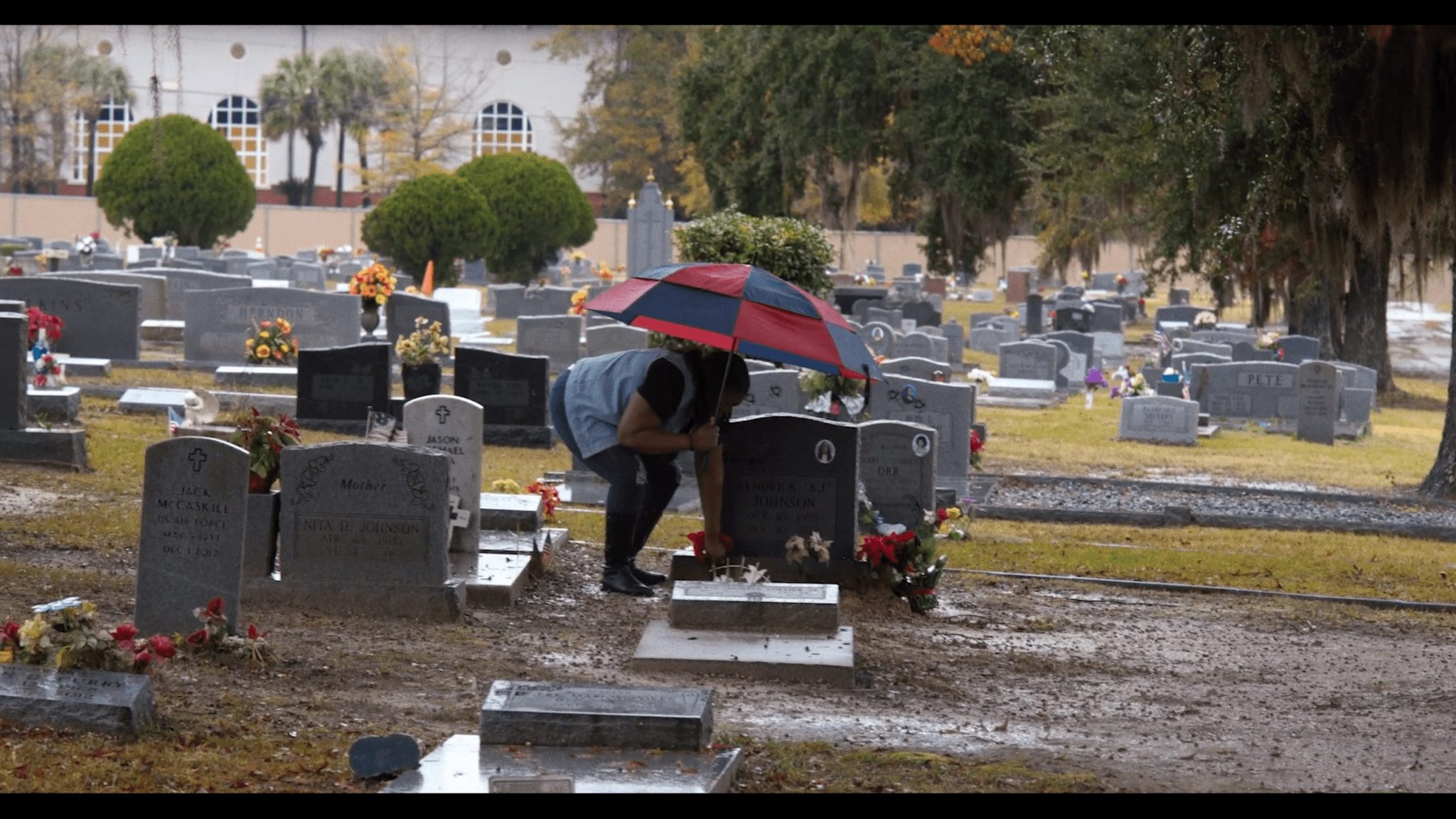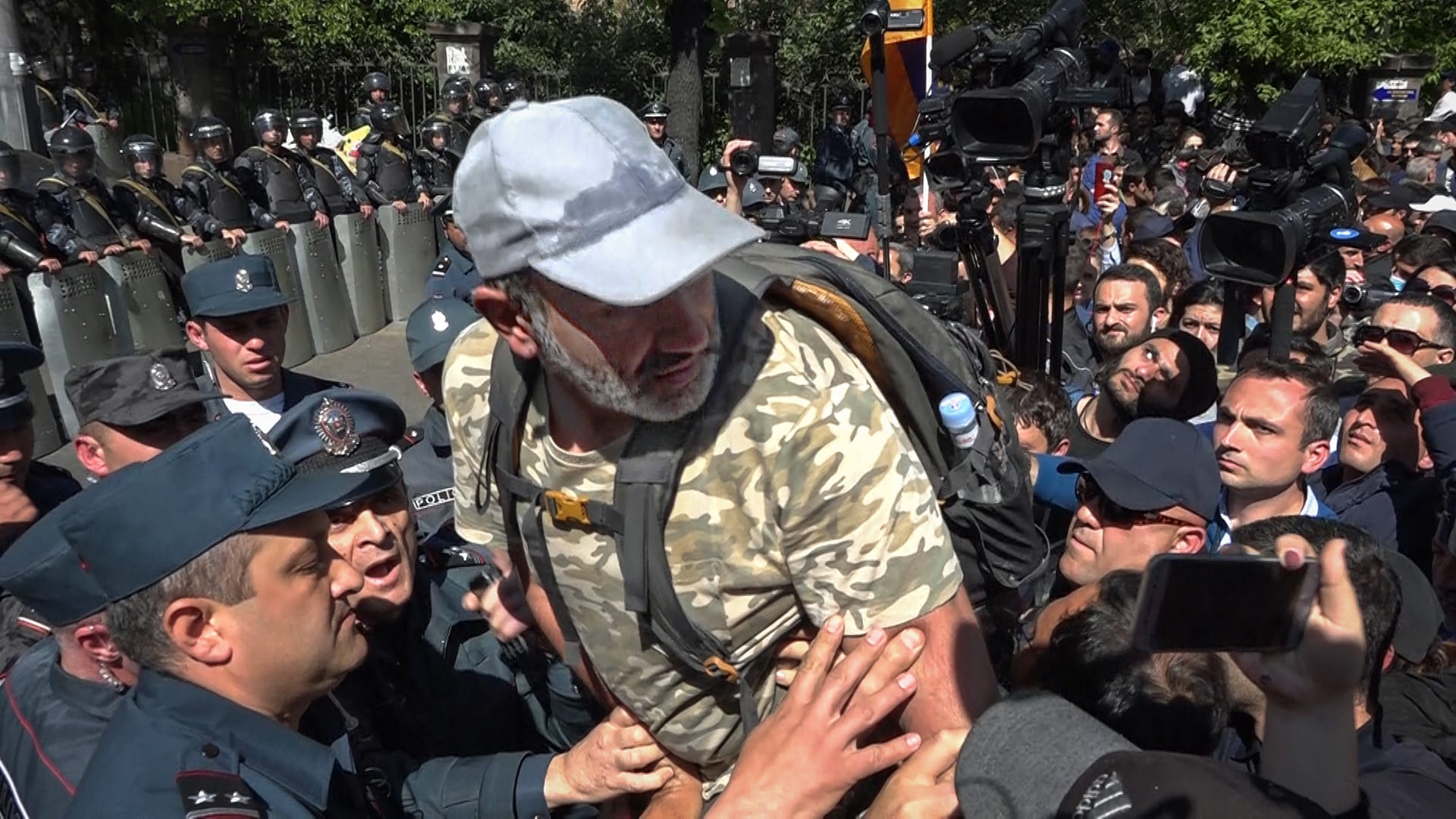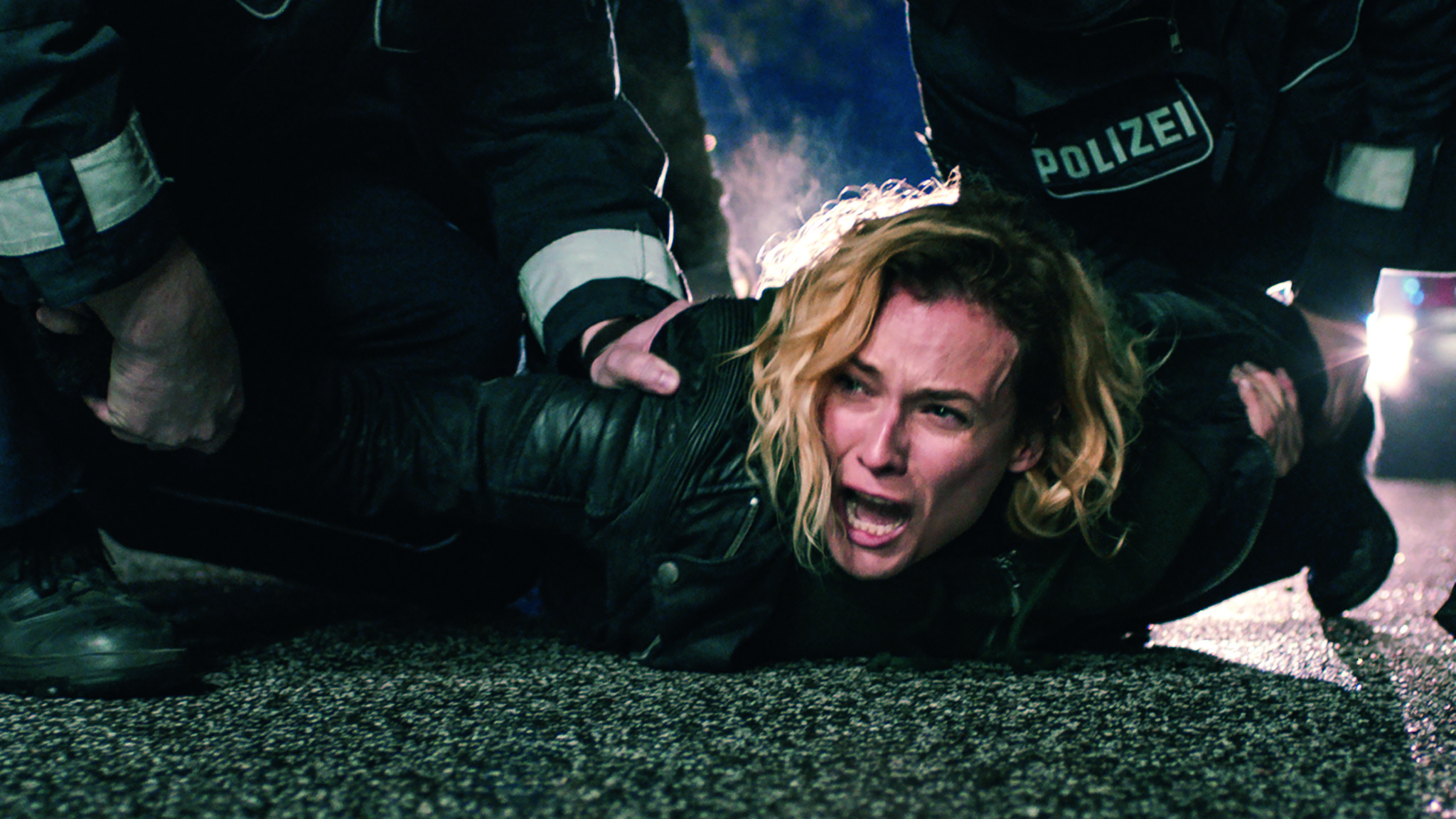
Finding Kendrick Johnson – A life that matters
?My baby?s life matters.? Unless we choose willful ignorance, we should all know that Black people in America have faced violence for a very long time. Sometimes that has happened at the hands of police. Sometimes it has happened in lynchings. But we need to remember that those who experience such events are individuals?someone?s friend…




